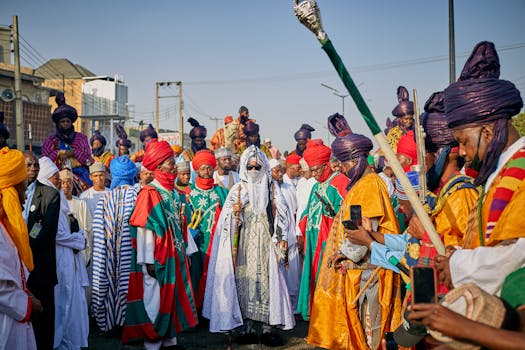
Introduction to Traditional Festivals
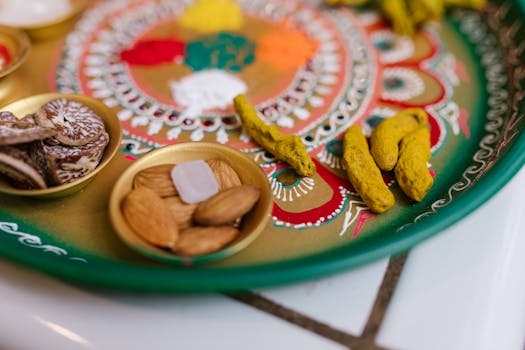
Traditional festivals are an essential part of cultural heritage, reflecting the history, beliefs, and values of communities around the world. These celebrations often include unique rituals, traditional music, and local cuisine, creating a vibrant atmosphere that attracts visitors and locals alike. From colorful parades to solemn ceremonies, traditional festivals showcase the diversity of human experience.
Diwali: The Festival of Lights
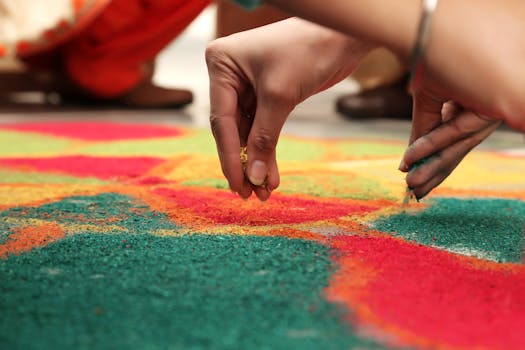
Diwali, also known as the Festival of Lights, is one of the most significant Hindu festivals celebrated across India and by Indian communities worldwide. It symbolizes the victory of light over darkness and good over evil. During Diwali, families decorate their homes with oil lamps (diyas), exchange sweets, and partake in fireworks. The festival lasts five days, each day holding its significance, culminating in the main celebration on the third day.
Oktoberfest: A Bavarian Tradition
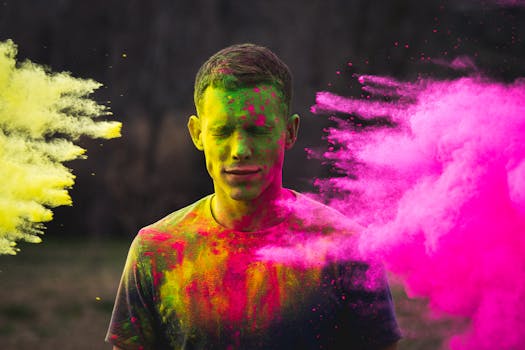
Oktoberfest, held annually in Munich, Germany, is the world’s largest Volksfest (beer festival and traveling funfair). This 16- to 18-day festival attracts millions of visitors from around the globe, who come to enjoy traditional German food, music, and, of course, beer. Originating in 1810 as a royal wedding celebration, Oktoberfest has evolved into a major cultural event, featuring parades, traditional attire, and amusement rides.
Chinese New Year: A Time for Renewal

Chinese New Year, also known as Spring Festival, is the most important traditional festival in China. It marks the beginning of the lunar new year and is celebrated with various customs, including family reunions, feasting, and firecrackers to ward off evil spirits. Each year is associated with one of the twelve zodiac animals, and the festivities typically last for 15 days, culminating in the Lantern Festival.
Holi: The Festival of Colors
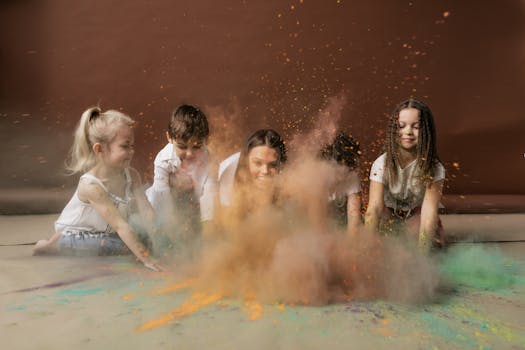
Holi, the Festival of Colors, is a popular Hindu festival celebrated primarily in India and Nepal. It signifies the arrival of spring and the victory of good over evil. Participants celebrate by throwing colored powders and water at each other, dancing, and enjoying festive foods. Holi encourages forgiveness and renewal of relationships, making it a joyous occasion filled with laughter and vibrant colors.




